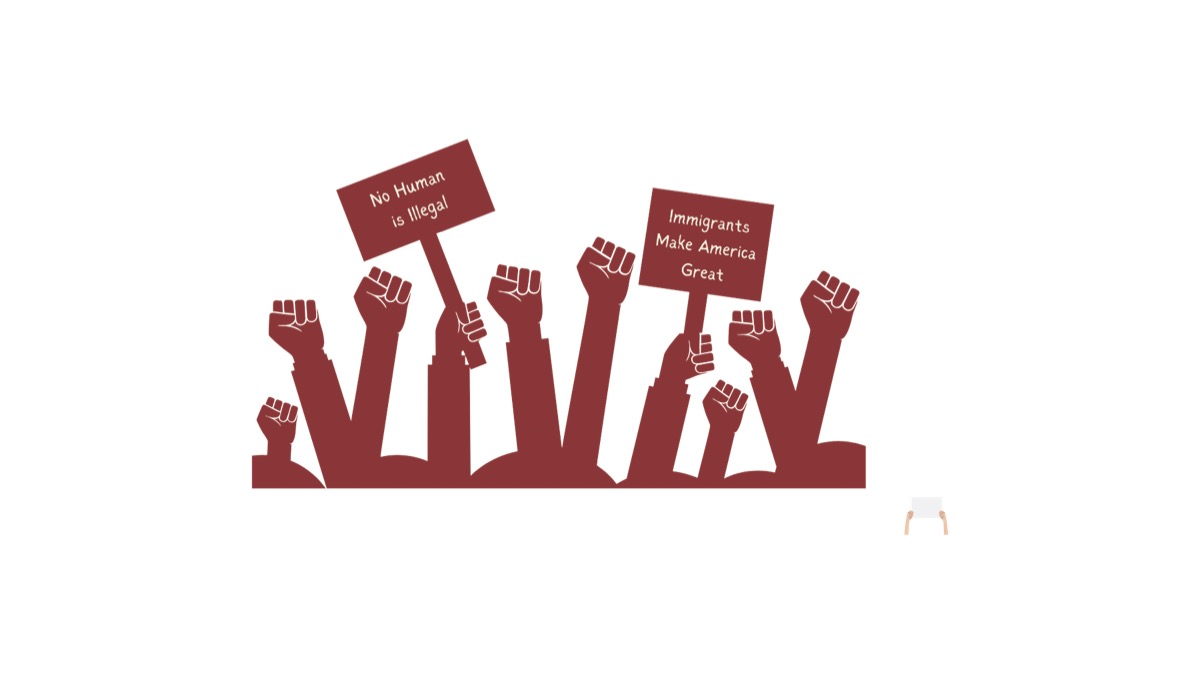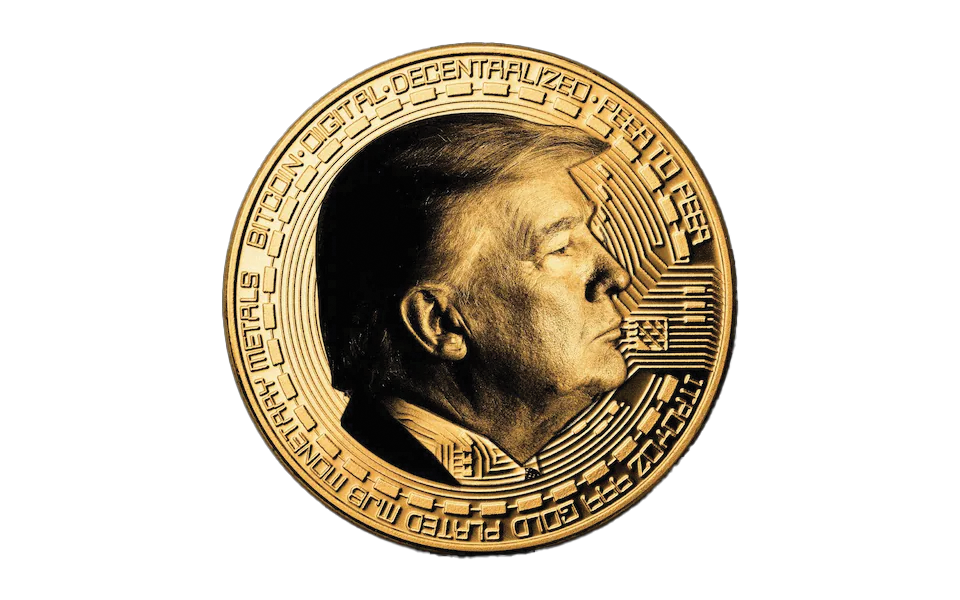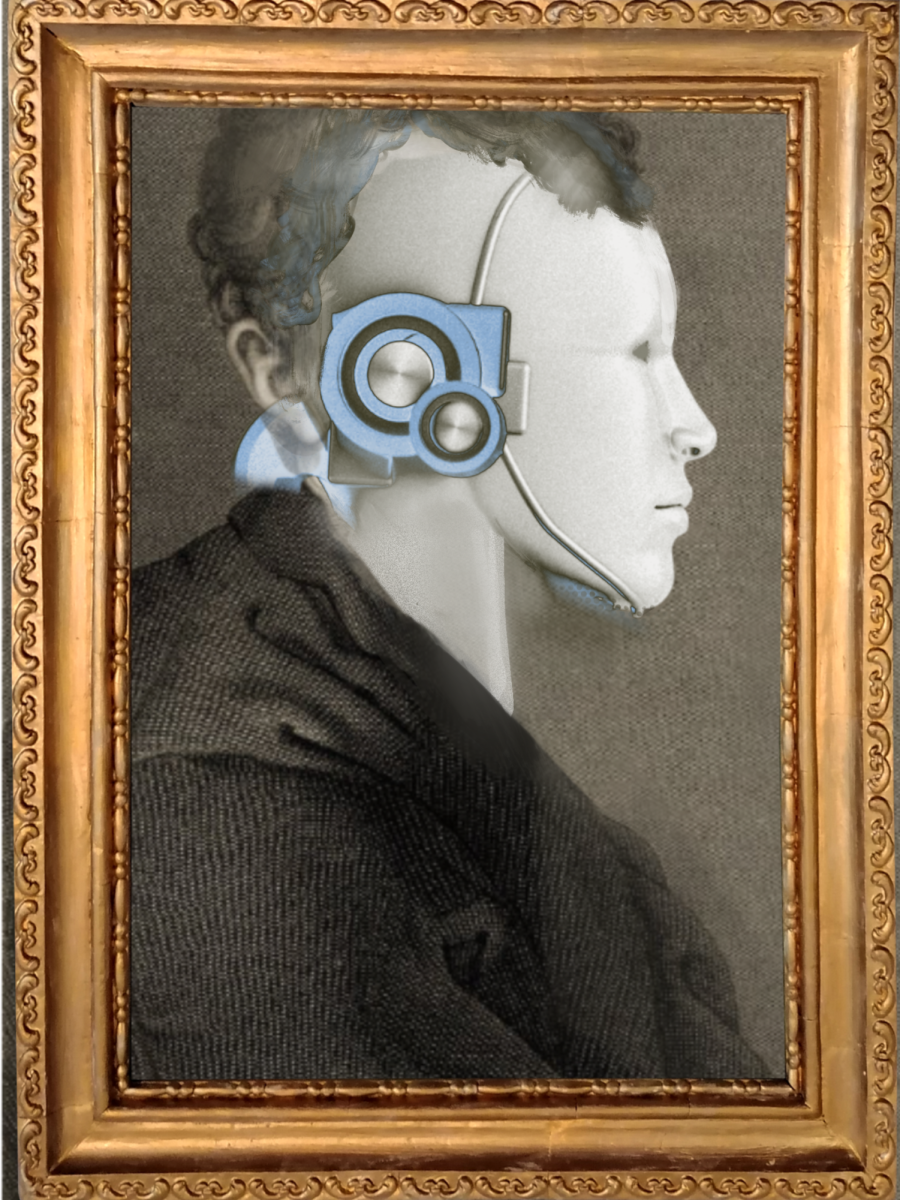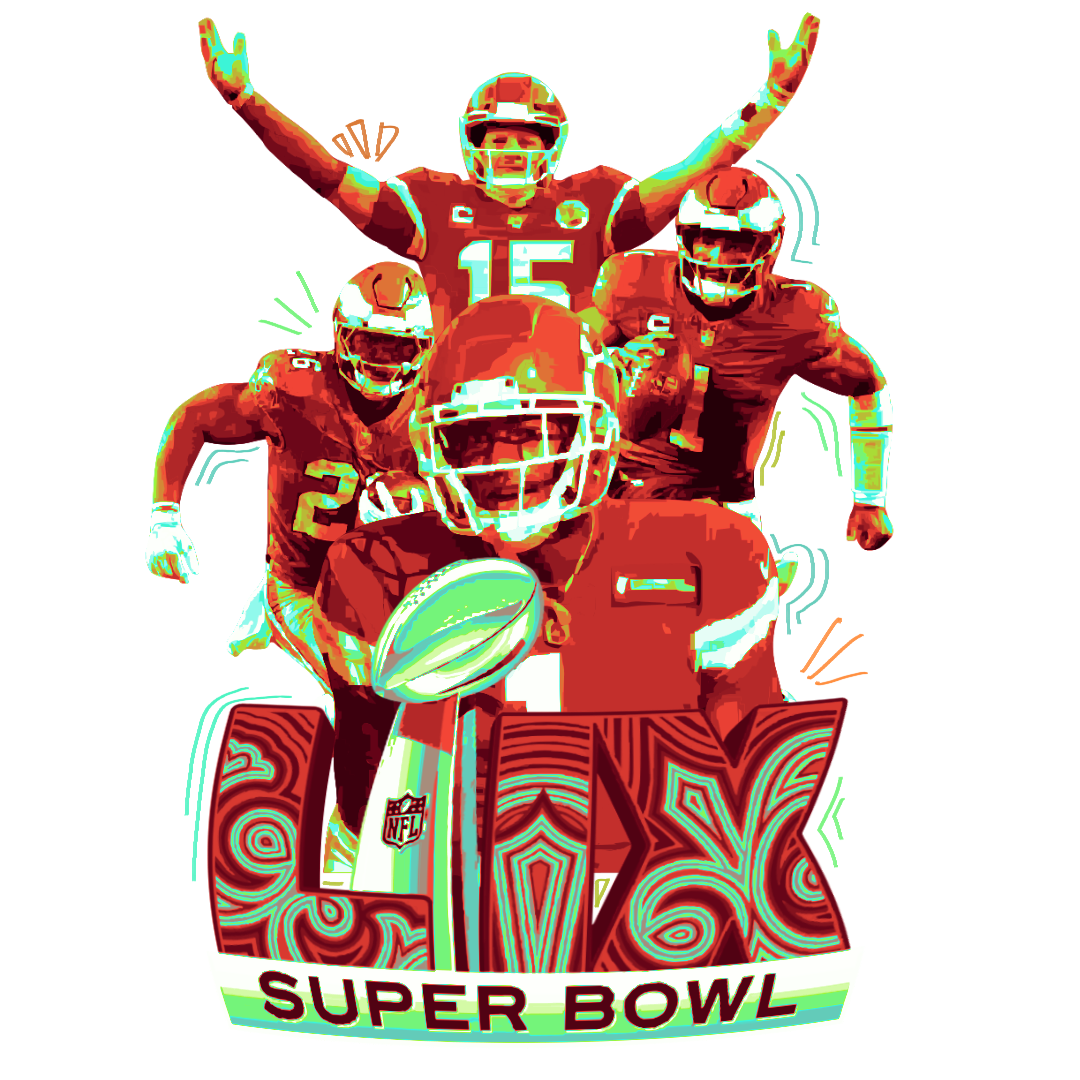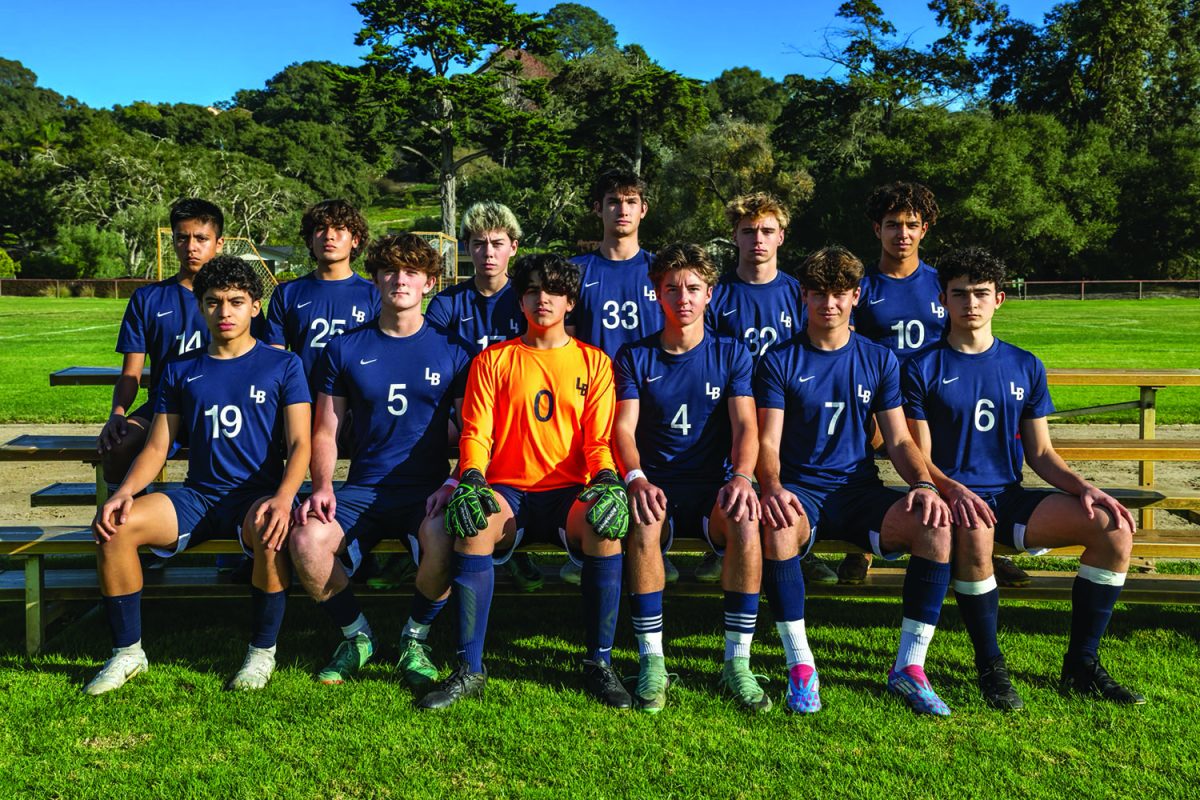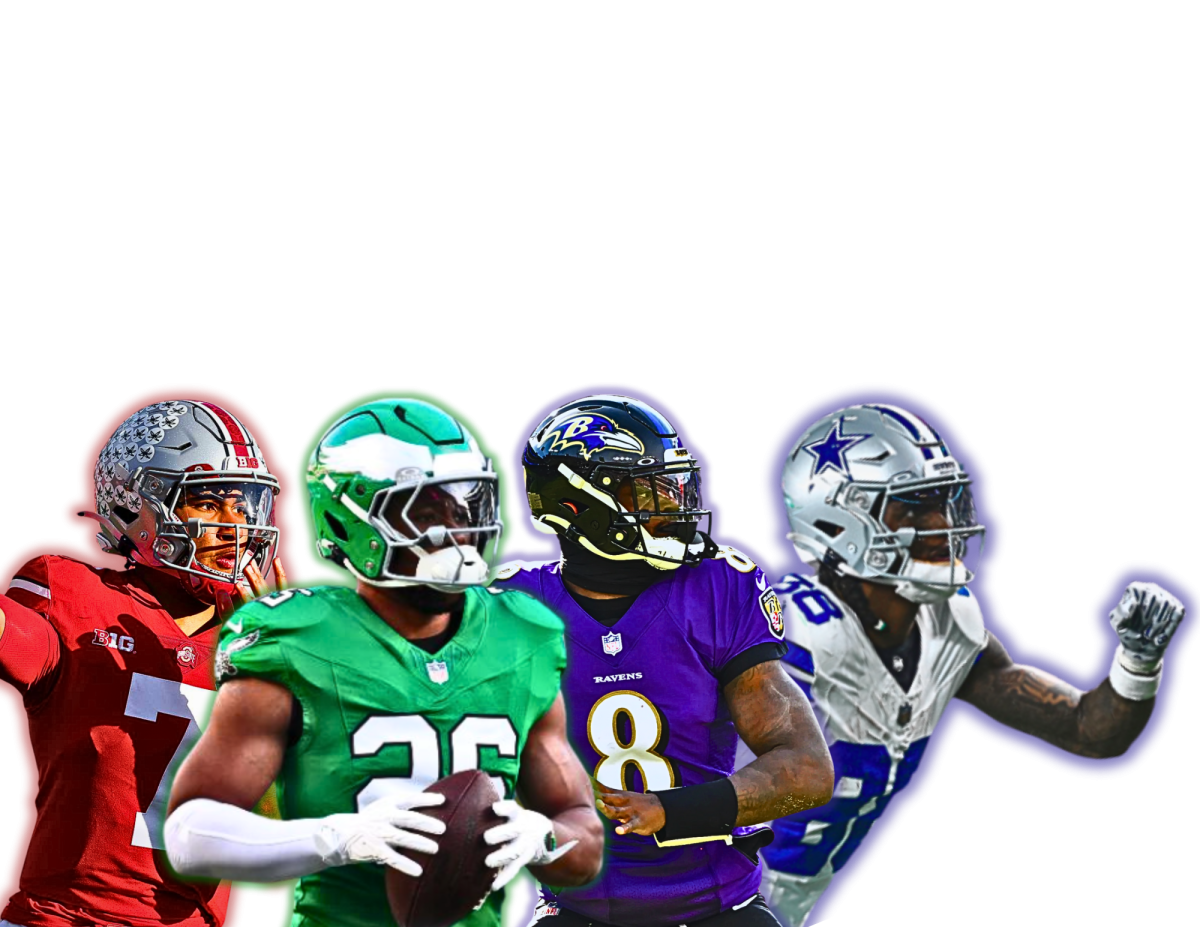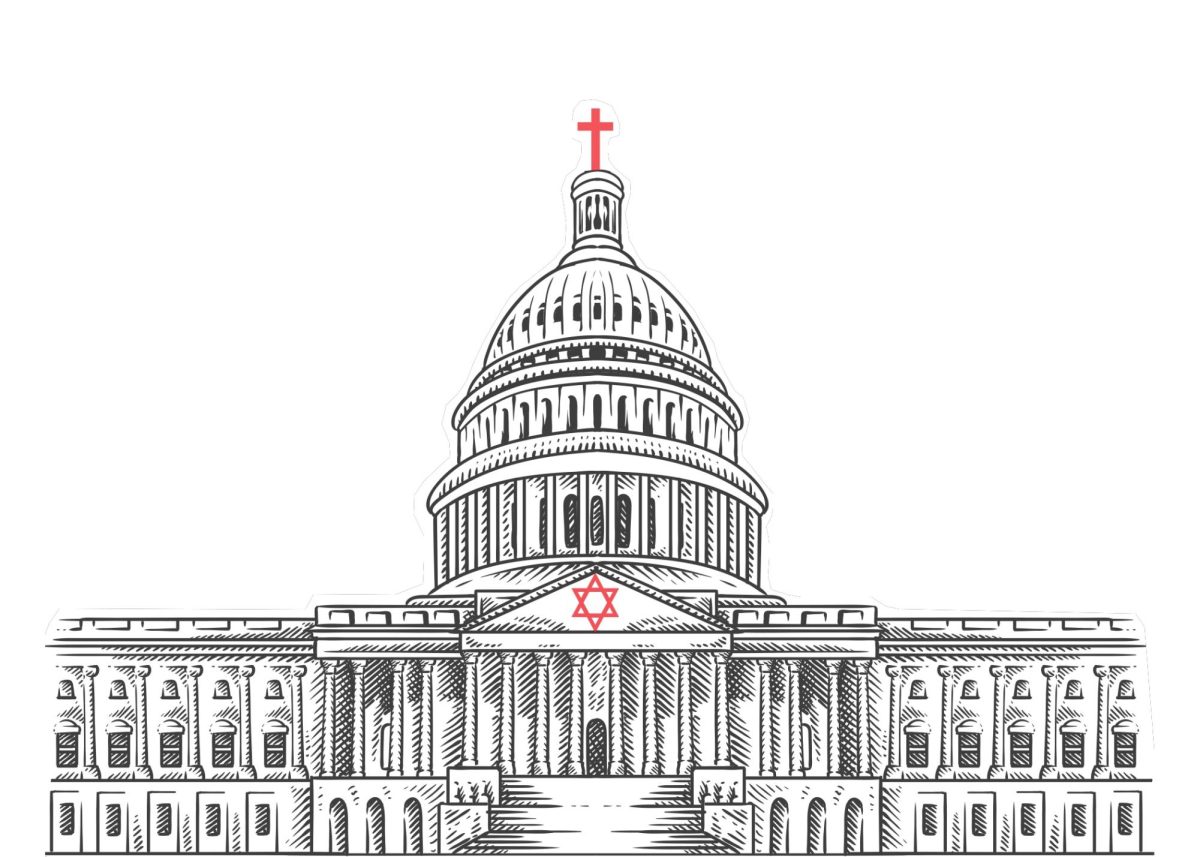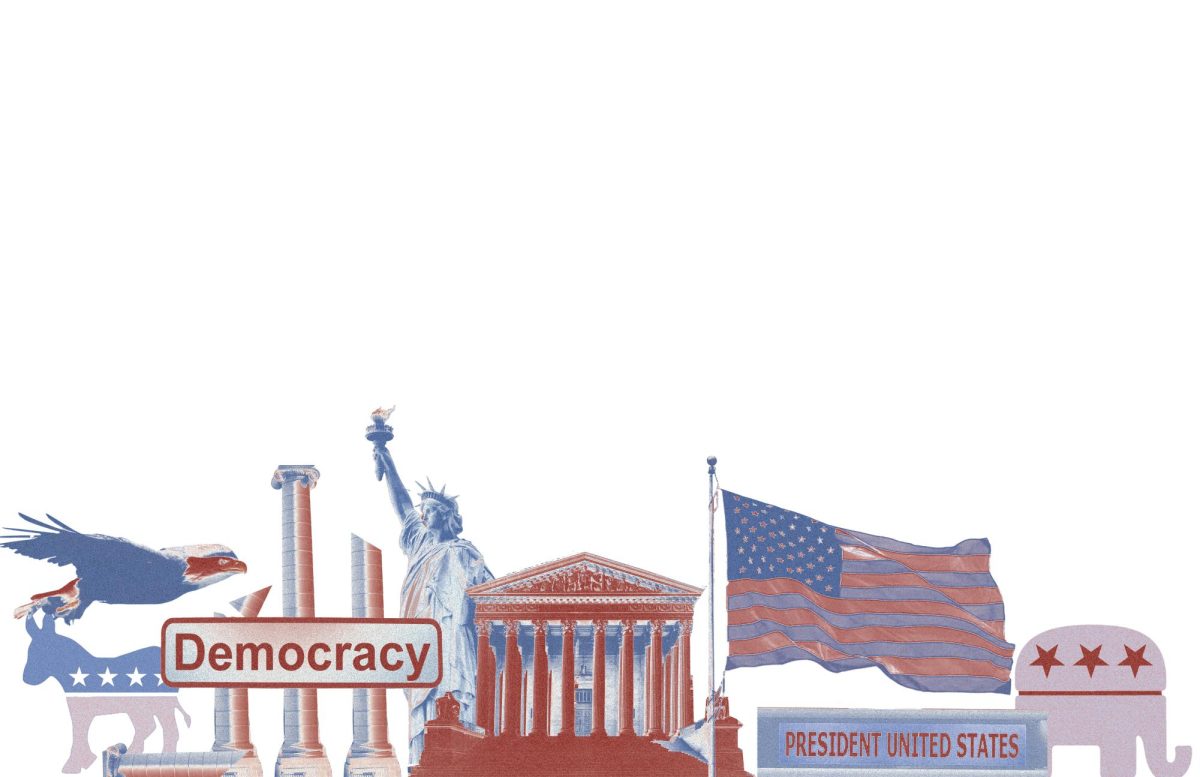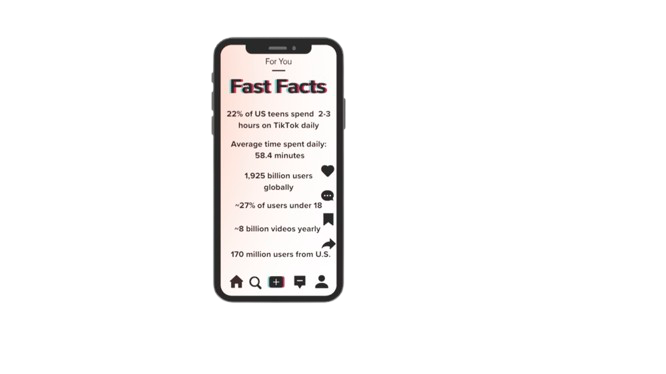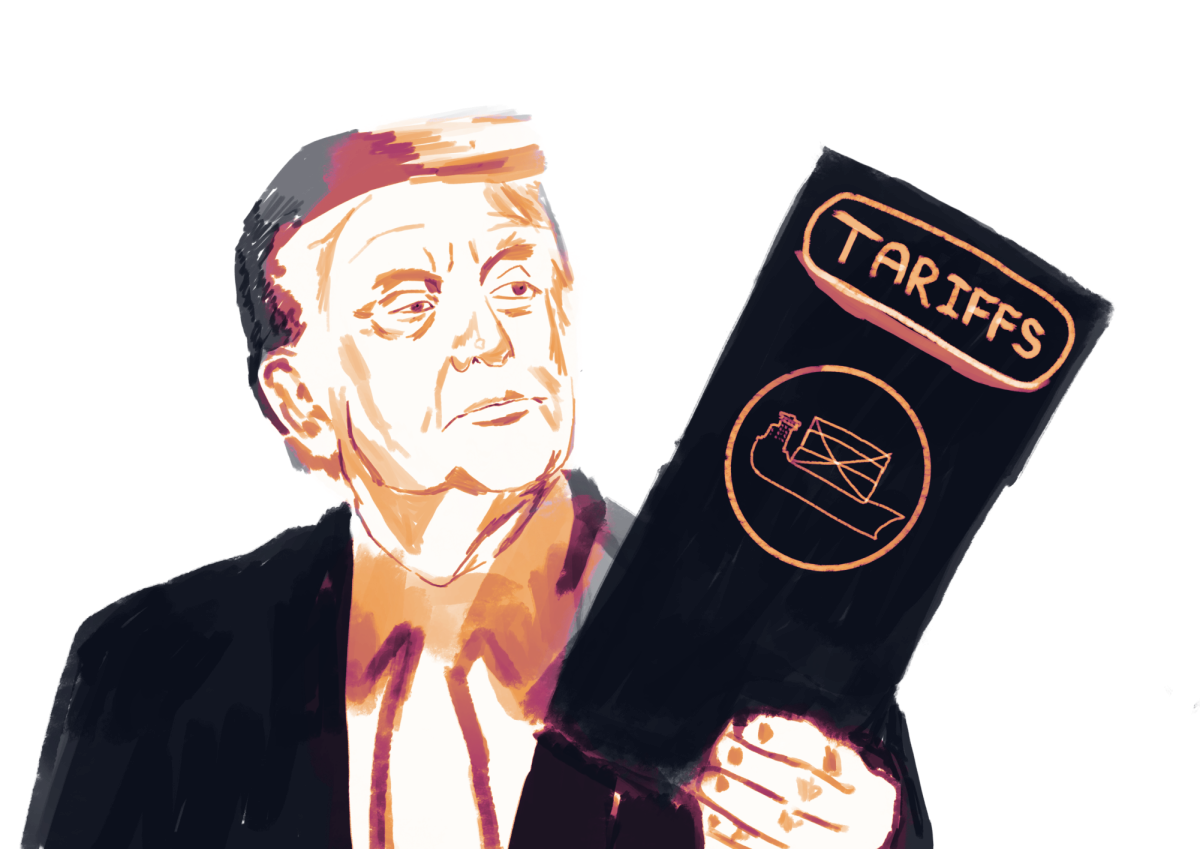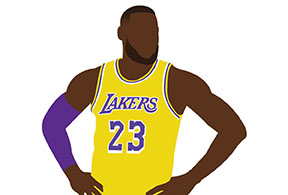Loyalty in Professional Sports
Sports Commentary. Recent turmoils in the sports industry puts the discussion of loyalty on agenda, whose ambiguity proves to be multi-faceted and difficult to pin down.
December 3, 2019
Kevin Durant’s reputation underwent a land-slide after his infamous decision to sign with the Golden State Warriors during the 2016 off-season, effectively abandoning his old team, Oklahoma Thunder.
Players leaving their teams is not new, but leaving to join a team that just eliminated their team in the playoffs inevitably attracts controversy.
Harsh criticisms instantly stormed Durant. He felt resentful and appealed to hot-headed fans and press that he merely wanted a better chance of winning a championship, the ultimate goal for every NBA player.
The talk surrounding the idea of loyalty in professional sports, initiated by LeBron James’ equally controversial “decision” in 2010, intensified after this incident.
Turmoils in NBA following Durant’s decision further complicated this issue, leading spectators to examine the way loyalty should be defined in a professional sports league, and to question whether demanding traditional loyalty from pro-athletes is a pseudo-proposition.
Supporters of Durant argue that he has the freedom to choose his business partners, principally the team he plays for and that preventing him from making the best business decision with the illogical loyalty clause is not legitimate.
When asked about whether players ought to be bounded by loyalty, history teacher Kevin Shertzer argues: “I think loyalty is nice. But, in the professional arena, loyalty is not owed. These players have contracts that run out. The club or the player can decide to move on.”
However, it can be said that the Oklahoma fans base their rantings on solid arguments. They have supported Durant for nine years, purchasing the tickets, jerseys, and shoes. Emotional bonds were formed and strengthened over time.
So, we have a weird situation at our hands: both sides feel mistreated, and possess compelling arguments. Even in a world characterized by many gray areas and ambiguities, such a scenario is rare and bizarre.
It becomes even more so, however, after the incident regarding Isaiah Thomas in 2017.
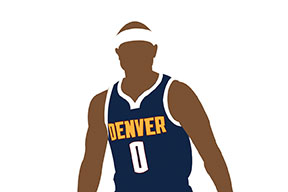 Thomas emerged as a scoring star at the start of the 2016-17 season. Right before playoffs began in 2017, his sister died in a car crash. Enduring tremendous grief, Thomas insisted on suiting up, eventually registering for 33 points.
Thomas emerged as a scoring star at the start of the 2016-17 season. Right before playoffs began in 2017, his sister died in a car crash. Enduring tremendous grief, Thomas insisted on suiting up, eventually registering for 33 points.
During the summer of 2017, Thomas was traded by Celtics, despite his desire to stay. Suddenly, critics targeted the team for disloyalty against the player.
Durant’s supporters seized this opportunity to argue that the loyalty between players and teams should be mutual and reciprocated continuously, and that players have the duties to gain profits for themselves.
More and more people, disillusioned by those events, began questioning whether the idea of loyalty in professional sports leagues is merely conjured up by fans, who tend to disregard the fact that sports leagues are businesses solely built to generate profit.
Indeed, if we strip away the emotional factors and look at Durant’s and Celtics’ decisions logically, we would find it hard to blame them. They adhered to the business rule and only wanted their share of profit, whether it is championship rings or money.
Kevin Durant highlights the importance of the monetary factor in pro-league: “If I can make millions more playing for another team, that is very appealing. These pro players only have a limited amount of time to play. They have to cherish their abilities to make money.”
Players are paid with a fixed salary and with a percentage of the wealth generated from their jersey sales. So, technically, they do not owe anything to fans or organizations.
Such arguments become less apparent when we consider the emotional factor in sports, one of the most significant reasons for its general popularity.
Sometimes, fans contribute sentimentally more than they do economically, but the sentimental contribution does not benefit the players.
Simply put, it is a unilateral and voluntary contribution from fans that the players currently are not obliged by any rules to reciprocate.
Merely arguing for one side, whether it’s the fans or the players, will not help solve or clarify this controversy.

